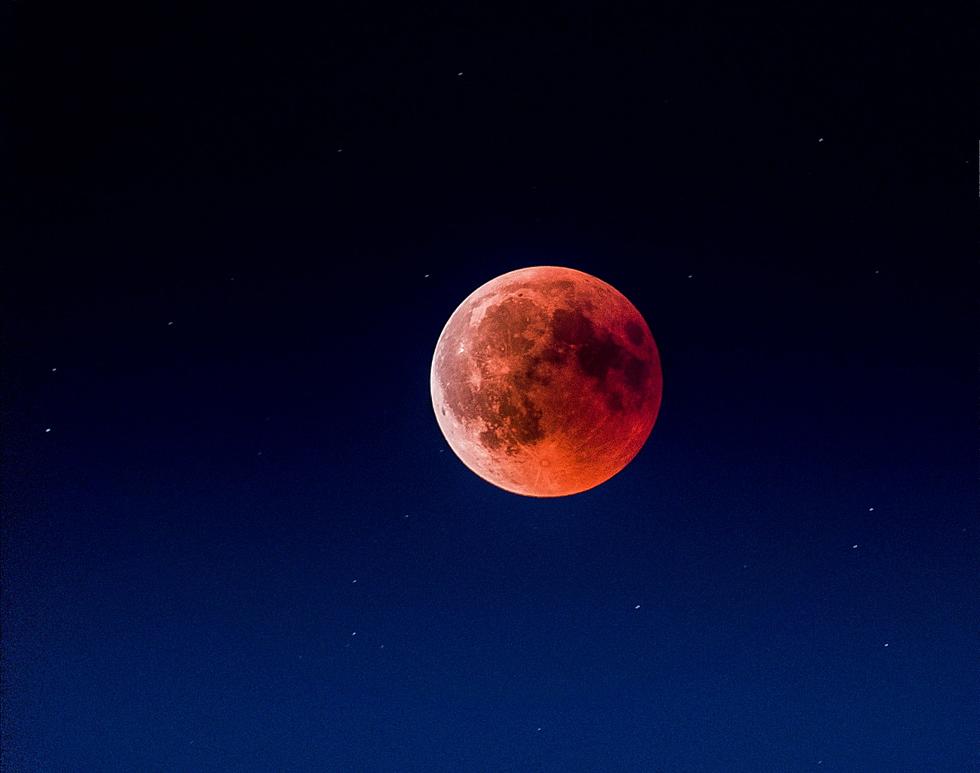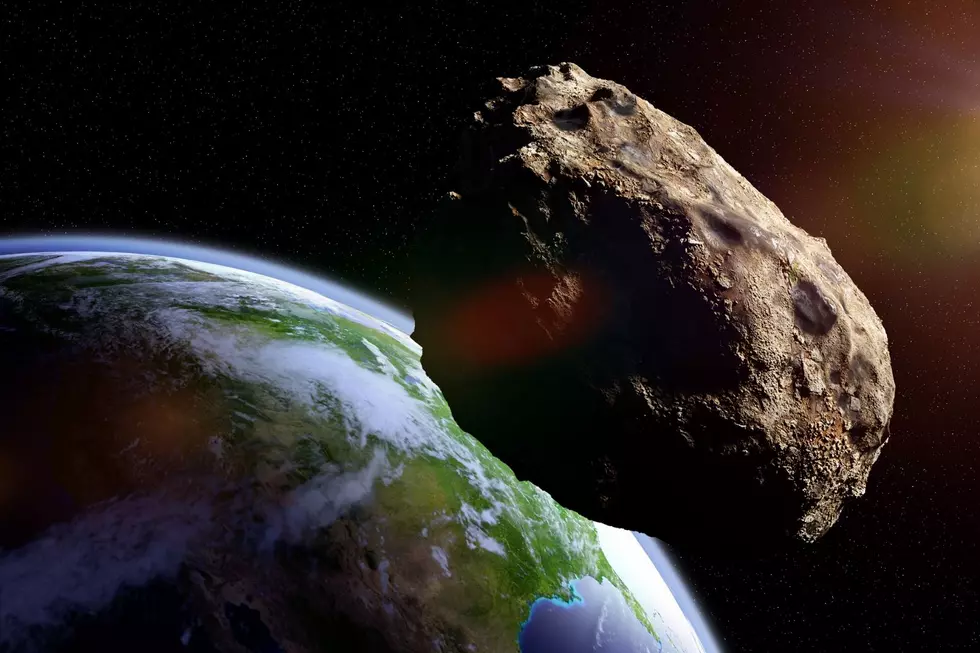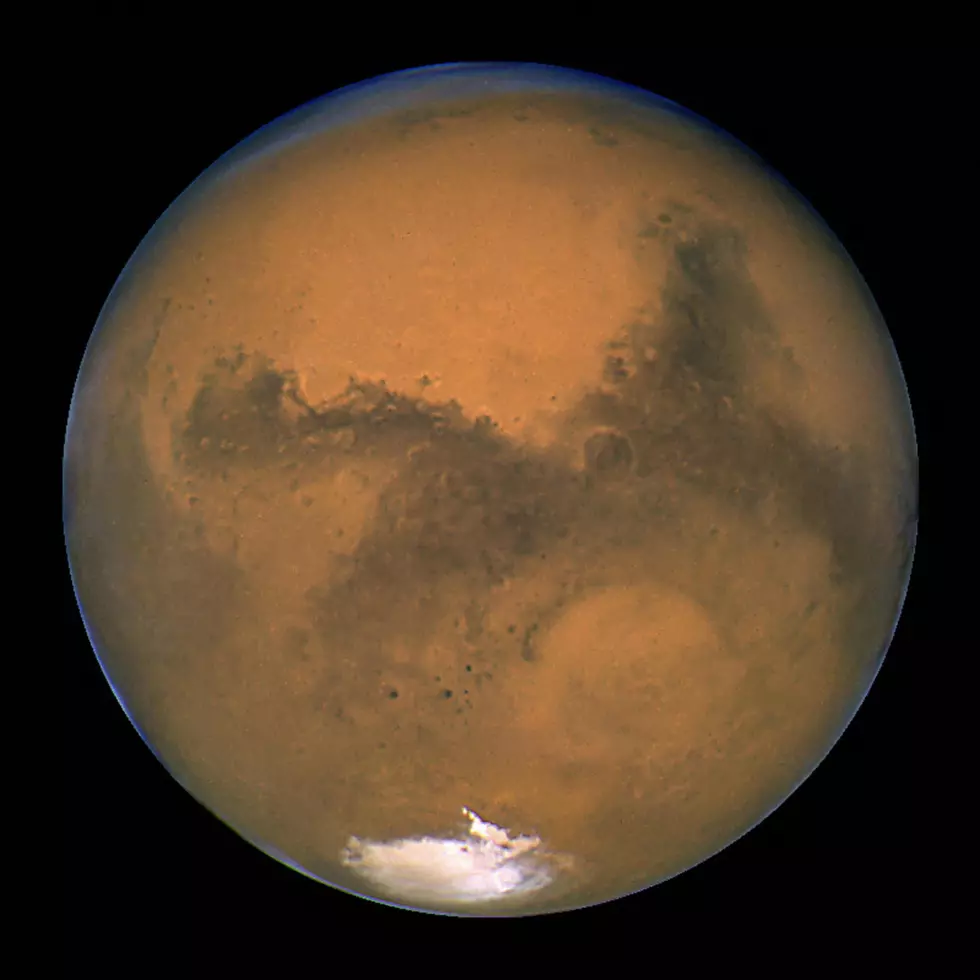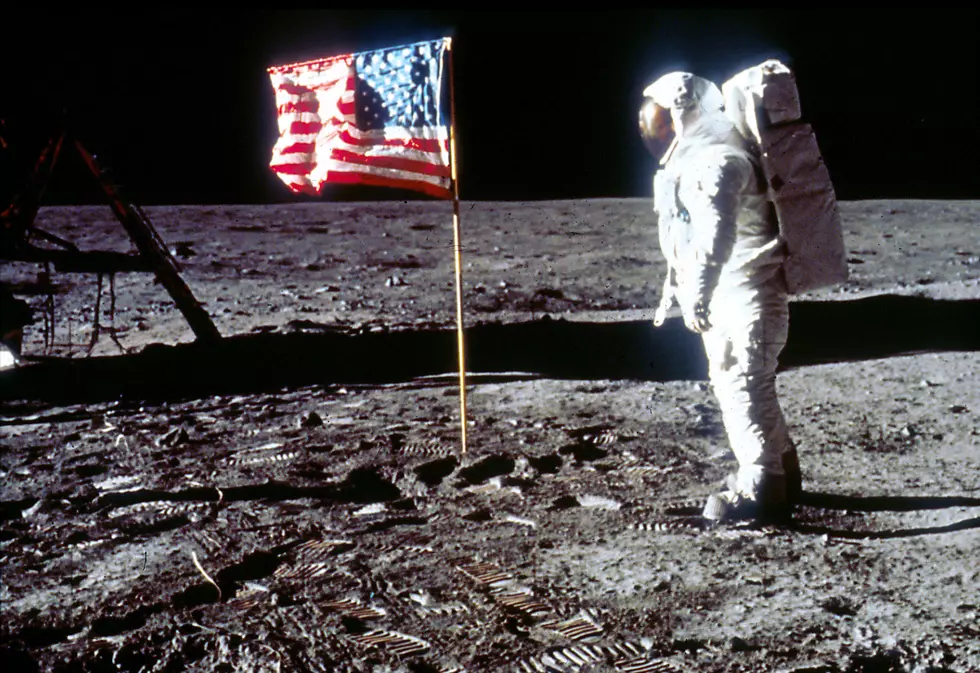
Get Ready for a Dazzling Show in the Sky – The Perseid Meteor Shower
A highlight of sky watching is coming up this weekend. The Perseid meteor shower will be lighting up the night sky in the northern hemisphere August 11, 12 and 13, 2018.
The Perseid meteor showers is a night sky full of shooting stars. Space.com says that we should be able to see about 60-70 meteors per hour, with the shower peaking the night of August 12 into 13.
The meteor shower will be visible all night. You may be able to catch some early flashes, and as the evening progressed, the amount will increase.
From the American Meteor Society, "As the Earth rotates and the time approaches local midnight, the Perseid radiant has risen higher into the northeastern sky...As the morning progresses, the activity will increase as the radiant climbs higher into the sky. Theoretically, the best time to watch the Perseids is just before the break of dawn when the radiant lies highest in a dark sky. This is usually around 04:00 local time."
The Perseid meteor shower happens when the Earth's orbit brings the planet though the debris of Comet Swift-Tuttle. At about 16 miles wide, the comet is the largest object known to repeatedly pass by Earth. It's 134 year orbit will bring the comet back our way in 2126.
When you sit back to watch a meteor shower, you're actually seeing the pieces of comet debris heat up as they enter the atmosphere and burn up in a bright burst of light, streaking a vivid path across the sky as they travel at 37 miles (59 km) per second. When they're in space, the pieces of debris are called "meteoroids," but when they reach Earth's atmosphere, they're designated as "meteors." If a piece makes it all the way down to Earth without burning up, it graduates to "meteorite." Most of the meteors in the Perseids are much too small for that; they're about the size of a grain of sand. -Space.com
If all goes well, like if the clouds can stay away, this weekend should make for great viewing. it's a new moon so the sky will be very dark. As always when it comes to exploring the night sky, the further away from city light you can get, the better.
See Also:
More From KXRB









